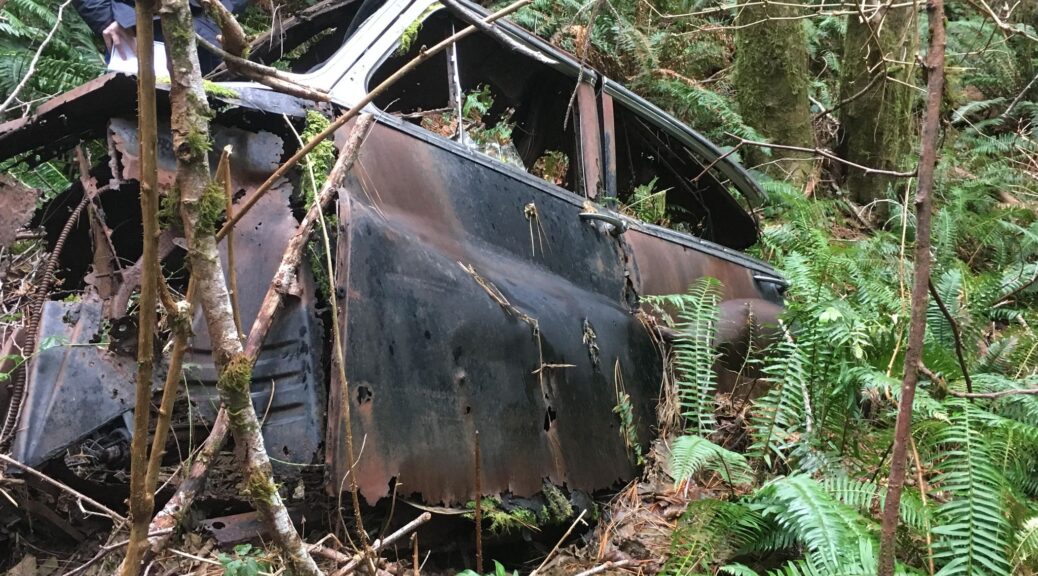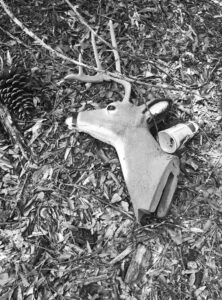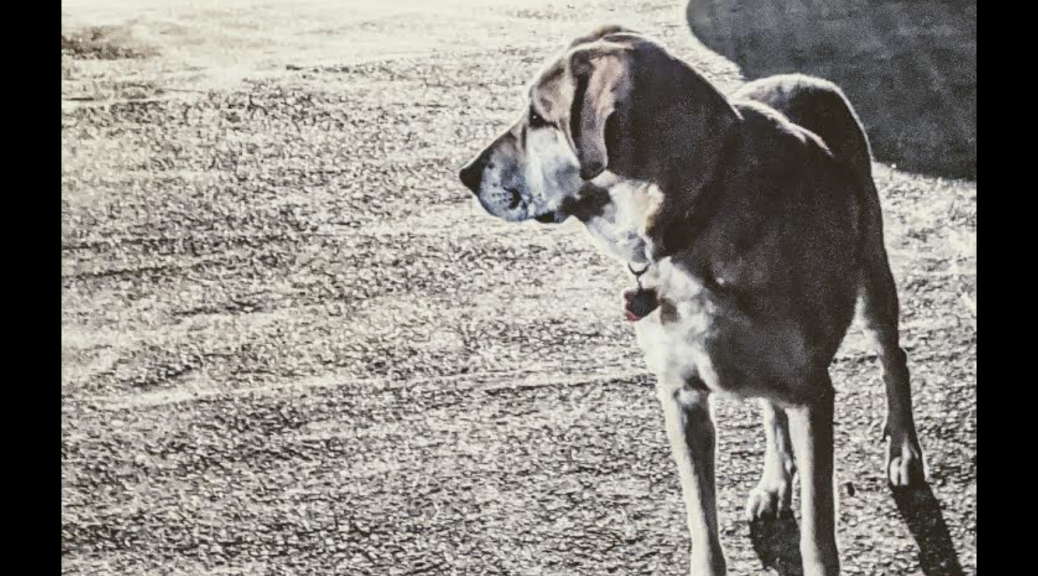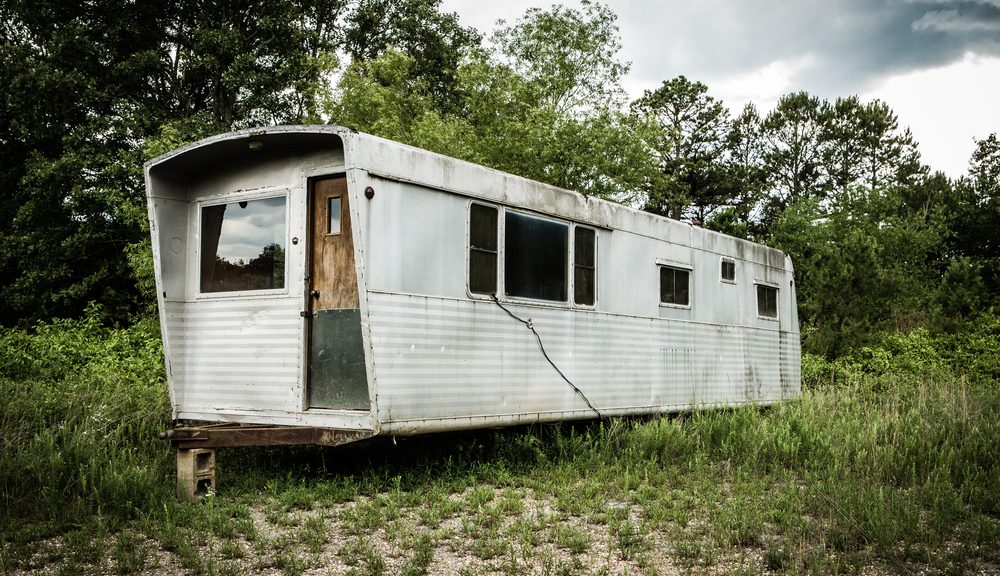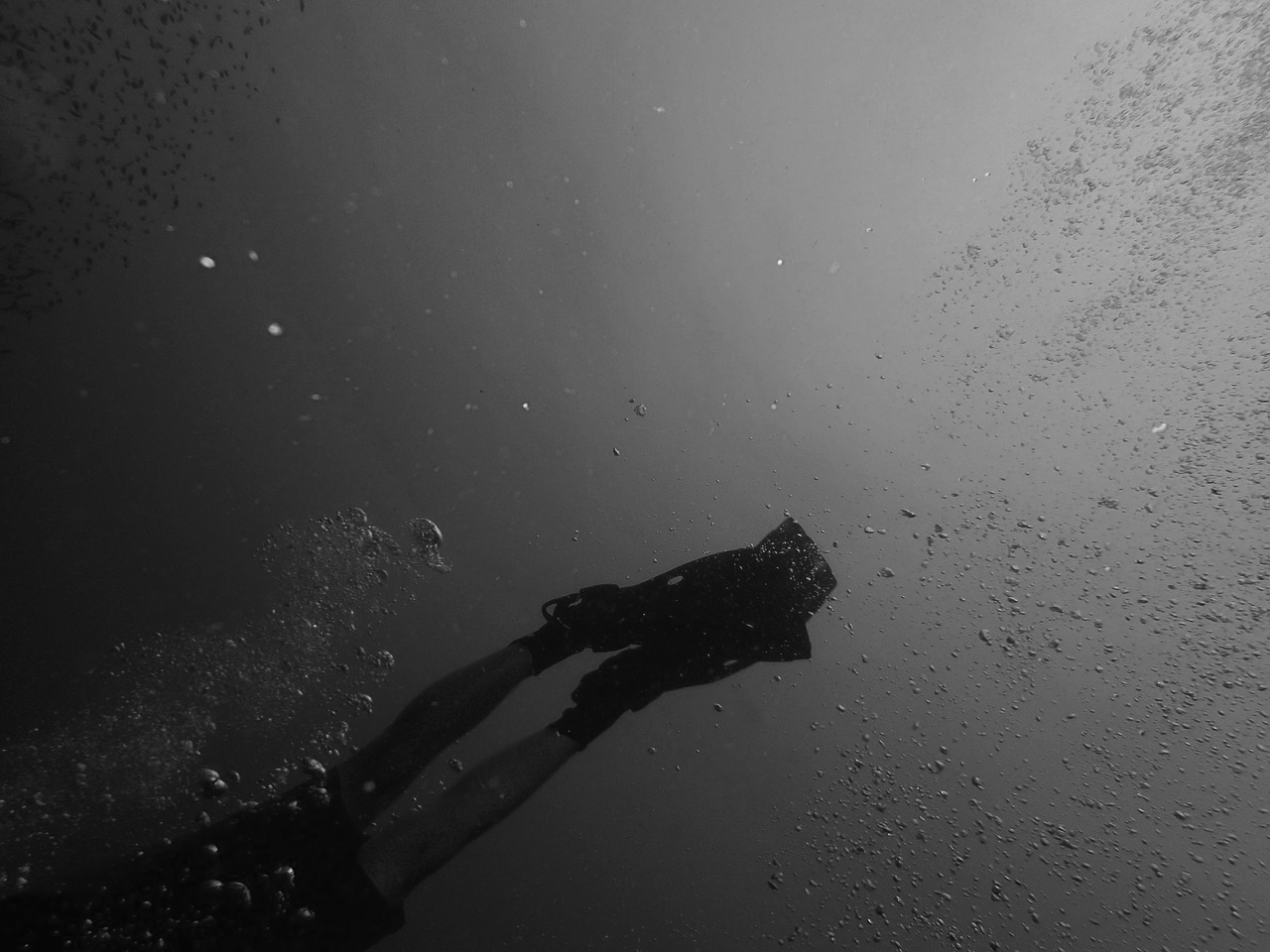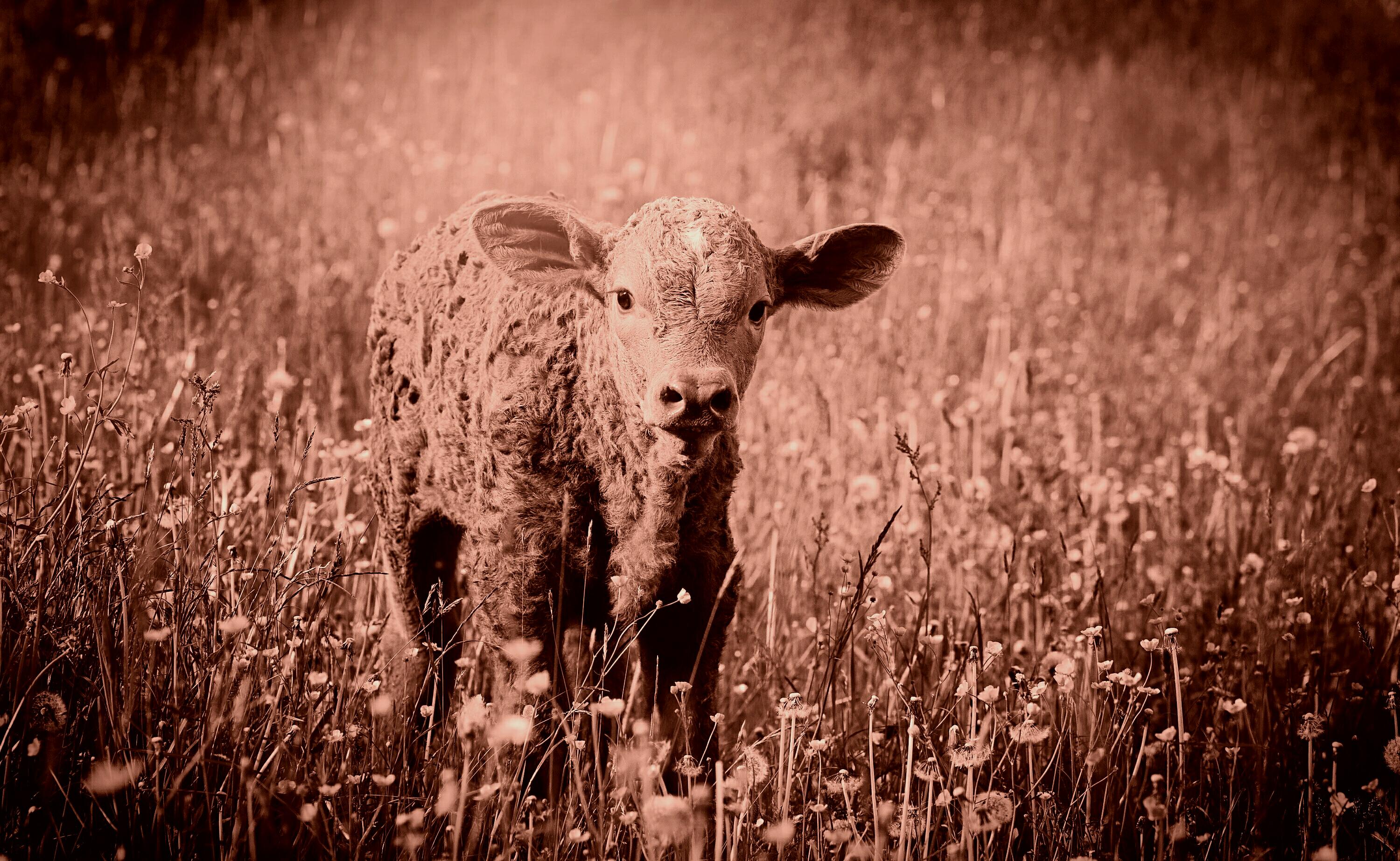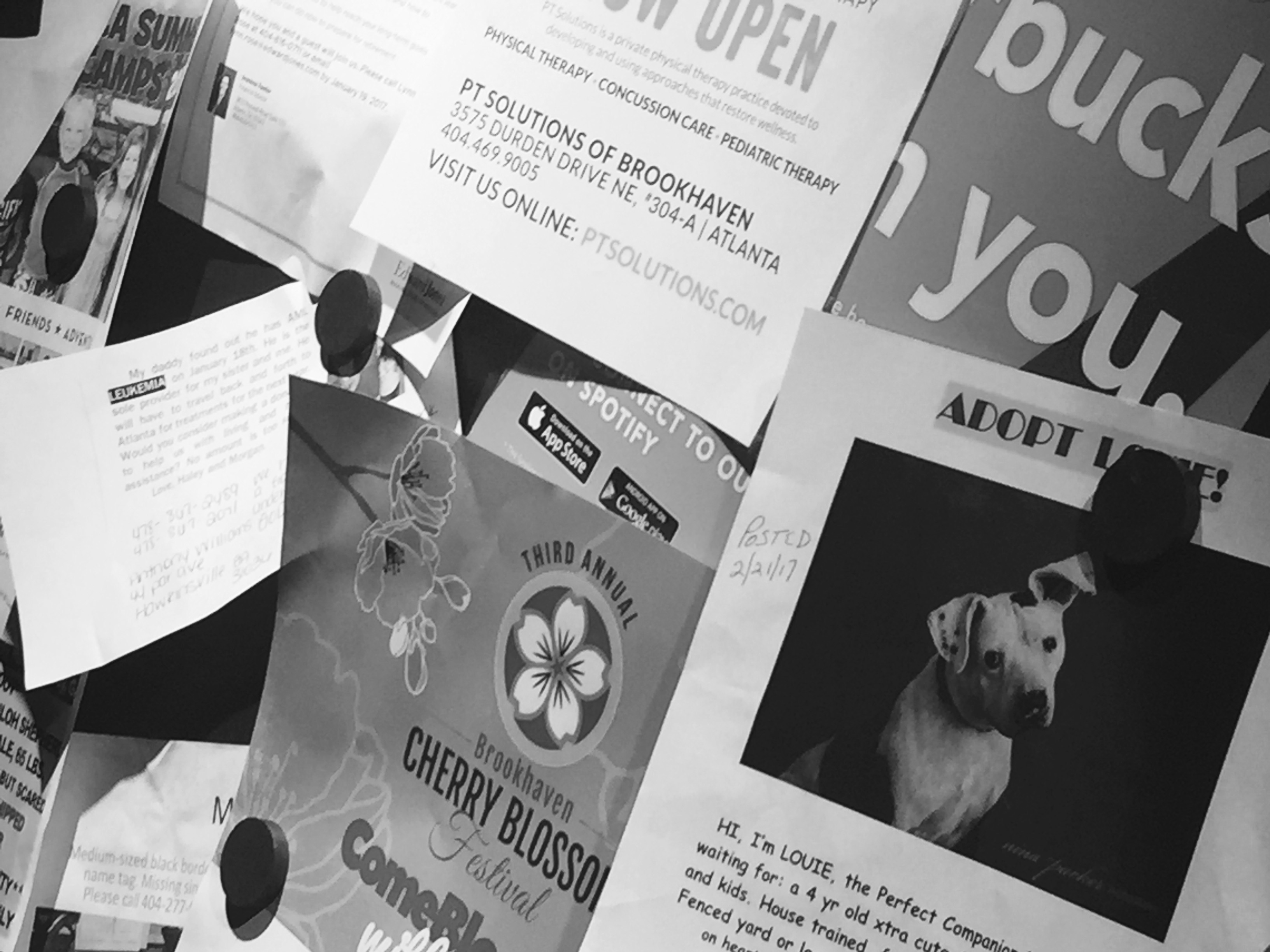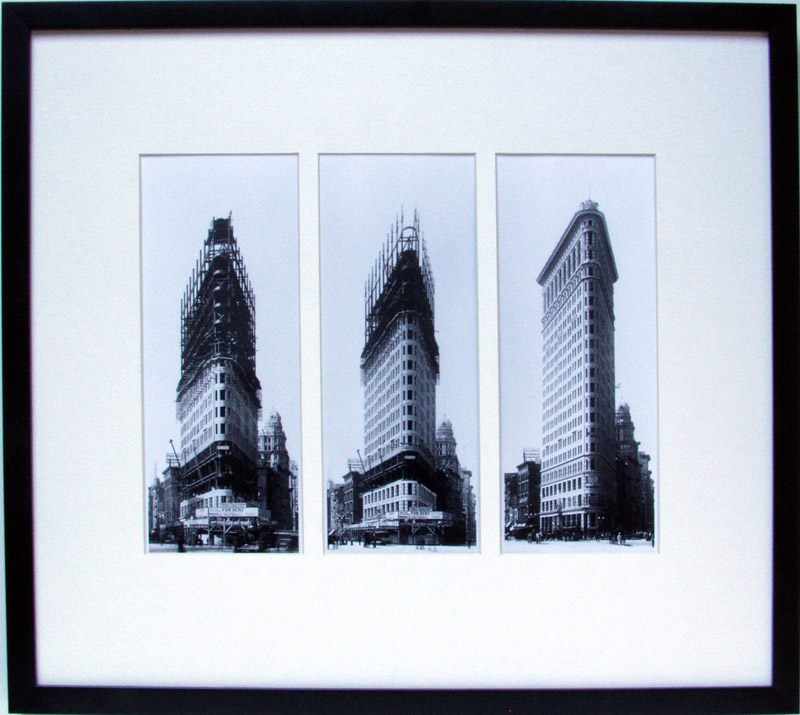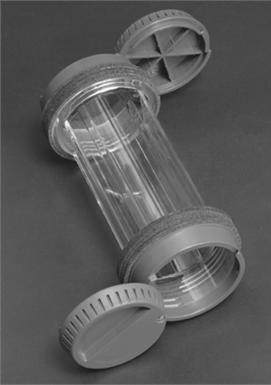By Maryann Lozano
Carl stepped in a slushy puddle that was deeper than he had expected, and dirty snow and mud splattered all over his pants. He went back inside to change, and his mother assaulted him with a long tirade about how much more trouble he was causing her now that she had to wash his mud-stained pants.
“You’d think she was having to use a hand-crank washing machine and hang the heavy, wet clothes on a line,” he thought as he rushed out the door.
Of course he missed his usual train and was late to work.
“This is the third time this month you’ve been late, Carl” Frankie said.
“I know, I know. I stepped in a puddle and had to change – couldn’t come in with mud all over my pants, could I?” He tried to chuckle but it sounded more like a groan. “Anyway, I’ll start leaving the apartment a little bit earlier from now on. I promise.”
Carl knew it was better to ingratiate himself by apologizing than to punch the guy in the face, which was what he really wanted to do. He had to be careful. The doctor from the hospital had called in a favor to get Carl this job, and if he messed up it would be hard to find another one.
At lunch, Carl went down to the cafeteria on the first floor of the building. He always brought a sandwich from home, but every day he bought a pop and a bag of chips so that Mr. Wu couldn’t complain that he wasn’t a paying customer. Once a month, on payday, Carl would buy a burger and fries.
“Oh. Now who’s a big spender?” Mr. Wu would say, rolling his eyes.
Carl fantasized telling him to shut his pie hole but kept it to himself.
He sat alone in his booth, choosing the one in the back of the café so that people wouldn’t watch him while he ate the lunch his mother had packed for him. It was the same thing every day – Underwood deviled ham on white bread, an apple, and the chips he bought. Once Mama snuck in whole wheat bread because she had heard on television that it was better for you. Carl brought the uneaten sandwich back home and Mama had yelled at him for wasting food.
“If you don’t want me to waste food, then don’t give me shit that tastes like tree bark.”
Mama had slapped him across the face. “I ain’t going to stand for that kind of language in my house!” she yelled. “You’re going to go straight to Hell if you don’t watch that tongue.” Mama always threatened him with Hell. He figured it was her snake-handling upbringing. But the next day his sandwich was on white bread again.
While he was eating lunch, he heard the guys in the next booth talking about Monica. They called her a “fat bitch who stuck her nose in everyone’s business” and agreed that they hoped she’d get fired in the reorganization that was coming soon. Carl ran his hand through his thinning, wavy brown hair. He wanted to tell them to shut up too, but Frankie told him that he’d get fired if he caused another scene.
Carl had a crush on Monica. He saw her his first day and found her plain face and straight blond hair beautiful. He might have a chance with someone like that. Carl passed by her desk as often as he could. She always smelled of Dove soap and Jergen’s lotion. Sure, she was a little bit heavy, but his mama had always said, “Don’t look at the outside, son, look at the inside.” Mama was rail-thin—he liked a woman with a little meat on her.
Carl spent the afternoon doing his rounds, cleaning up the break rooms, and making sure the bathrooms were stocked with supplies. He finished early and sat in the dingy, maintenance office reading a true-crime magazine he’d squirreled away in his top desk drawer, slamming the drawer shut any time someone came in. Carl felt more at home in this office, where the walls were covered with black streaks and pockmarks, than he did anywhere else in the building, which was decorated with fancy modern art and shining chrome fixtures.
Finally, it was time to go. Carl gathered up his things—his collapsible coffee cup that Mama insisted on hand-washing each night, his old worn leatherette wallet, and his newspaper. He put them all into his nylon briefcase with the duct-taped handles. He noticed that the tape was coming up, the handle now sticky.
“I’d better stop on the way home and buy another roll,” he said to himself. He said goodnight to Frankie, who grunted in response, and walked out.
The darkening day was crisp as he stepped out of the revolving door to walk the two blocks to the train station. He stopped to read the headlines on the evening paper in the box on the corner and was almost run down by a group of people with suitcases. They had come out of the Hotel Lakeside next door to his building.
“I’m so sorry,” said one of the travelers. She was dressed in blue pants, a white turtleneck sweater, and a North Face jacket with a scarf hanging from the collar. She smiled as she narrowly avoided running over Carl’s foot with her bright, floral-patterned rolling bag.
She was sort of pretty, and Carl considered offering to help carry her bag but thought better of it when she turned towards one of the men and started talking to him. The man was tall and handsome and spoke with an accent. Maybe he was her boyfriend or something? Carl hurried past them.
On the platform, an older Chinese man and his granddaughter were playing “Eine Kleine Nachtmusik” on violins. Carl loved listening to classical music—it was the one thing that had kept him sane at the hospital, and Mozart was one of his favorites. Frankie made fun of him when he listened to public radio in the office.
“What? Are you a fairy or something? Who listens to shit like that?” He’d say.
Carl would shrug and turn the music up until Frankie left again. Frankie listened to rap music, and the lyrics excited Carl in a way that made him uncomfortable. Classical music helped calm him.
The little girl, probably no more than six or seven, played a tiny violin. She rolled her feet back and forth on pink shoes as she played. Every time someone dropped money in the open violin case on the floor in front of them she looked at her grandfather excitedly, but he kept his eyes tightly closed. Carl took a dollar out of his wallet and placed it in the case with a wink and smiled at the little girl. She stepped back warily and missed a note. Carl hurried along as the old man opened his eyes.
The group with the suitcases were on the platform as well, and they were all smiling, watching the musicians. The woman in the white sweater told her companions that she played a tiny violin when she started taking lessons at age five. She was standing to Carl’s left and he took the opportunity to take a better look. He decided his initial assessment was correct — she was kind of pretty with curly brown hair and blue eyes. Some people might think she was a little bit heavy, but in Carl’s opinion, she could stand a few more pounds.
He reminded himself to stop staring. He could tell by the way her eyes darted away that it made her uncomfortable.
******
Carl stared at women a lot. Mama always got mad when she caught him doing it, but that was only because the police had questioned him that time the pretty girl from the mailroom had disappeared.
The police showed up early on a Saturday morning, knocking loudly on the door. Mama had answered the door in her dressing gown. Carl, in his bedroom, listening by the door, heard murmuring and then Mama’s footsteps down the hall.
She opened his door without knocking, hitting Carl in the head.
“Carl! You get out here right now! These policemen are wantin’ to talk to you about some girl from your office.” She glared at him.
“What girl?” Carl asked. “I don’t know anything about any girl.”
Mama grabbed his bathrobe and threw it at him.
“Get out here now.” She said again and turned back down the hall.
Carl walked into the living room and faced the two cops who were standing by the closed door. Mama was in the kitchen making coffee, grim-faced and angry.
“Good morning, officers,” He stammered. “What can I do for you?”
“Do you know Emily Apperson?”
“I think she works at my office, but it’s a really big company, so I don’t know everyone.”
“We think you do know her. We have records of phone calls from your phone, here,” he pointed to the green rotary dial phone on the table, “to her cell phone. And we know she complained to HR that you were making her uncomfortable at work. And now she’s missing.”
Carl shuffled from one foot to the other. He hadn’t known that Emily had complained about him. She was pretty, with green eyes and blond hair, and she wore scarves year-round. Carl had always wondered if she was hiding some kind of a scar or something. Scars fascinated him, and he liked to fantasize that Emily had a long, angry, red scar right down the side of her neck. He imagined running his fingers down its length as she wrapped her scarf around his neck.
“I called her a couple of times to ask her out, but she was always busy. It wasn’t really a big deal. She said no and I gave up.”
Mama offered the officers coffee, but they refused and left. Good for them, Carl thought. Mama’s coffee was almost as bad as the rest of her cooking.
After the officers left, Mama had watched through the window as they drove away and then turned on Carl.
“That girl called this house just this past Thursday, threatenin’ to tell the cops if you didn’t stop callin’ her.” She shoved him, backing him into the living room. “Why can’t you just stop being so weird?”
Carl sat down on the couch. He shook his head. “Mama, I swear I didn’t do anything to Emily. I called her some, but I was always too scared to actually ask her out, so I just hung up. But I didn’t hurt her. I swear.”
Mama shook her head, disgusted, and walked back into the kitchen.
“I’m tired of cleaning up your messes. And I don’t like the cops coming and snooping around here. You behave yourself, Carl. Or I swear I’ll throw you out on your ear.”
Mama turned back into the kitchen and took one of her shirts out of the washing machine. She shook it and held it up considering the brown stain on the sleeve.
“Darn it.” She muttered, balling up the blouse and putting it back in the washing machine.
Carl assumed that the stain happened when she was cooking or cleaning and that she would find a way to blame it on him. He braced himself for the usual verbal assault but she stayed quiet.
On Monday, everyone at work whispered about Emily’s disappearance. Frankie told Carl that they wanted to fire him right then since she had complained about him, but they decided to give him a second chance.
“But it’s only because you were in that loony bin before, and your shrink is a friend of Mr. Fields. They felt sorry for you.” Frankie brought up the hospital as often as possible. He liked to hold other people’s secrets against them.
*****
Carl was so lost in his thoughts that he almost didn’t hear the train pull up to the station. Everyone pushed on, but two of the suitcase men didn’t make it and Carl saw them waving and yelling as the train pulled away, like they believed they could stop it. Carl thought they looked stupid trying to get their friends’ attention. Another train was coming soon.
The train pulled away from the station and the men vanished from view, left behind as their group moved on. Carl was reminded of a long-ago field trip, the words, “if you get separated from your group, just stay put and someone will come back for you,” running through his mind. That’s what the teacher had said the day his class went to the museum. Carl had been gazing, fascinated by a painting of a woman being held down by a monstrous angel. When he looked up and realized that his whole class was gone he stood perfectly still, just like the teacher said to. No one came back. Finally, a policeman had called Mama and she had come to get him.
I got a beating that day, he thought.
His teacher never said anything about it. Carl figured she was concerned that his mother would make a fuss, but he could have told her not to worry. Mama blamed him for getting left behind.
“You’re so stupid and careless,” Mama told him with a hard swat to his head. “If I were your teacher, I would have left you behind too.”
Mama was mean, but Carl knew she just wanted him to be smart like her sister’s kids. Smart enough to be a success so he could take care of her.
“Now I am successful,” he thought. “I’ve got a good job but she still yells and complains about the work she has to do.” Carl caught the white-sweater woman’s eye. She was standing a few feet in front of him on the train, facing him at first, but then turning around when she saw him staring again.
“I’m gonna move out soon anyway,” he thought.
He couldn’t ask Monica out until he had a place of his own. Frankie had said a million times, “Carl, you ain’t gonna get any pussy until you move outta that apartment.”
Frankie should know—if you believed the stories he told, he got some every night.
Sometimes Carl called Monica, but he could never bring himself to speak when she answered the phone.
Carl looked up at the woman again and smiled to himself at her discomfort. Even though she had turned away from him he could still catch her eye because the windows in front of her were slightly mirrored. She kept glancing to see if he was still staring at her.
It was hot on the train despite the winter weather. The woman unzipped her coat and the scarf fell from around her neck. Carl bent down, picked it up, rubbed it between his thumb and forefinger. It was a soft, flannel scarf, not silky like the one he found in Mama’s hope chest.
Carl wasn’t supposed to go into Mama’s room at all. But sometimes when she was gone, he’d sneak in and look through the chest. Her wedding dress was at the very bottom, like a dingy lace cushion put there to protect the other knick-knacks from harm. There were the brittle, yellow photographs of people he didn’t know. Mama’s wedding ring and some other jewelry sat in a small, wooden jewelry box, and there were lots of old papers–tax returns, jury duty summons, Carl’s birth certificate, and a copy of her father’s will. There was also a small pearl-handled knife and an old, stained baby blanket. Recently, something new and unexpected caught his eye—a silky scarf with an emerald green vine running through the pattern. He knew he was pressing his luck but he took it anyway and hid it under his mattress.
Back on the train, Carl handed the woman her scarf and looked past her reflection to see his own. He was big and clumsy with a thinning spot on the top of his head. His blue eyes bulged—some mean boys on the train the other day had called him “bug eyes.” He smiled at that Carl in the window, but the smile looked more like a grimace. Maybe that was why his staring made people uncomfortable— because his eyes bugged out and he could never make a smile look nice. Every few minutes Carl made eye contact with the woman again. He could tell she was getting mad, and finally she looked into her briefcase, rifling through the papers in an attempt to avoid looking up again. Carl didn’t care. This was his stop.
Carl exited the train with a final glare at the woman, who looked relieved that he was leaving. He headed down the stairs to the street, walked right past the convenience store, and then remembered the duct tape and turned back.
“Carl!” his mother screeched from her window across the street. “Carl! You’re late!”
“Sorry, Mama.” He yelled back. He had hoped she wouldn’t see him but she was waiting and watching for him, just like always. “The train was late today. I’ve gotta go in here for a minute. Do you need anything?”
“No. But hurry. You’re dinner’s ready. If you don’t eat it soon I’m gonna throw it out.” She slammed the window shut against the cold.
Carl rolled his eyes and walked into the store. Mama was in one of her moods. Frankie said he’d never live with his mama. He said she was a pain in the ass bitch, and he guessed Carl’s mama was the same. Frankie thought all women were. Carl thought he was probably right, knew that he was right about Mama, but figured no one as beautiful as Monica could be like that.
As he walked past the magazine section Carl grabbed a Penthouse Letters and tucked it under his arm. Then he found the duct tape and got in line. The woman in front of him was Mrs. Fleming, a friend of Mama’s, and he hoped she wouldn’t notice the magazine. She’d be sure to tell Mama, and then he’d be in trouble. Mama found his magazine stash before he went to the hospital, and she went ballistic, smacking Carl around before she burned the magazines.
Mrs. Fleming didn’t even notice that Carl was behind her. He paid for the tape and his magazine and put them in the briefcase, walked across the street and up the stairwell.
Even with the lamps turned on, the apartment was dark. Mama had put some black and white photographs of her parents and Carl’s father above the couch, and a cross over each doorway. The only other attempts at decoration were lace doilies on the coffee tables and a large family Bible on the sideboard.
Everything else was barren.
Carl’s room had a twin bed, a functional dresser with a small black and white television on it, a bedside table with a drawer, and the cross above the door frame. Mama liked the house to be spotless and was always telling Carl, “I can’t keep cleaning up after you. You know my health don’t allow it no more.” But he knew she’d keep doing it no matter what because it gave her something to complain about.
As Carl walked in the door, the smells of dinner assaulted him. Meatloaf and beans again. It seemed that was all Mama cooked anymore. He hoped she had at least gotten ketchup.
“Did you get ketchup this time, Mama? You know I don’t like meatloaf without ketchup.”
“That’s a fine how-do-you-do for your mama,” she pouted. “You should be glad I even cooked at all. My joints is hurtin’ bad today, but I still spent hours in here cooking your dinner. I ain’t waitin’ on you hand over foot all the time to get treated bad like this!”
Carl hated that his mother held onto her Southern accent with an iron grip. She had been in Chicago for at least 40 years, but still peppered her speech with ain’ts and dropped final consonants like pennies into a wishing well. Carl didn’t know why they stayed in Chicago after his father took off. He was just a baby at the time and thinking about it now, he wondered why she hadn’t moved back to Alabama, where she was from. He had never met any of her relatives—her parents had died before he was born, and Carl had no idea if she had aunts or uncles, or even cousins. He didn’t remember his father either, of course. When he was a child, he asked her once in a while why his father never came to see him. “He’s just gone.” she had told him. “That’s all you need to know. Gone and left me alone with you to take care of and clean up after. And you’re going to turn out just like him.”
She threw the meatloaf pan on the counter, turned on her heel, and stormed out of the kitchen. “I guess her joints are better,” Carl thought as he followed her into the living room.
“I’m sorry, Mama. I just wanted to know if we had any ketchup.” He leaned over and kissed her on the cheek. Carl knew he had to make up with her if he wanted any peace.
“I’m really sorry. I didn’t mean to make you mad – I can get my own dinner tonight. Do you want me to make you a plate?”
Mama seemed appeased, at least for the moment. “No, honey. I’ll just eat something later. How was your day?”
“Oh fine, I guess,” Carl answered as he walked back into the kitchen. “The train was late.” He finished serving his plate and walked into the living room again. As he sat down on the couch, a few green beans spilled onto the rug. Carl quickly set down his plate on the TV tray and covered them with his napkin. Then he turned to see if Mama had noticed.
“You dropped your napkin, Carl. You’d better be careful not to spill anything. I use up all my energy keeping this house clean for you. I told you not to eat on the couch anyway. And don’t forget to say the blessing.” She started down the hall towards her bedroom, muttering to herself about the uselessness of reasoning with a clumsy dimwit.
Carl breathed a sigh of relief and picked up the napkin and the beans. Dinner was overcooked as usual; the beans were limp and the meatloaf was dry. After Mama’s outburst, he was scared to ask about the ketchup again, so he choked down what he could and threw the rest in the trash, careful to cover the evidence up with the other trash in the can.
Later that night, after Mama went to bed, Carl was watching the news in his room and saw a story about a plane crash that had happened earlier that evening. The flight had been from Chicago to Pittsburgh. He wondered if the white-sweatered woman was on that plane. Then he picked up the phone and dialed Monica’s number, blocking his own as usual–a trick he had learned after the Emily incident. She picked up after two rings.
“Hello? She said in a raspy, sleepy voice.
“Did I wake you up?” Carl couldn’t believe he had actually said something this time.
“Who is this?” Monica asked. When she heard only silence she said, “Are you the one who’s been calling me every night?… Are you?… Answer me!”
Carl smiled at the increasing panic in her voice. He imagined her standing up in a sheer nightgown, looking out the window to see if she was being watched, the way Emily had done the evening he snuck out of the house at midnight and called her from the phone booth outside of her apartment building.
“I’m going to call the police if you don’t stop calling me!” Monica said, her voice rising with fear and anger.
Carl heard his mother shuffling down the hall and quietly hung up the phone. He opened the drawer and pulled out a small Bible, opening it to a random page. The door opened and Mama looked in. She was wearing a long, flannel nightgown with red hearts all around and had her white hair loose. She looked like a Valentine’s Day ghost, Carl thought.
“Did I hear talking? Were you on the phone? Who were you talking to at this hour?” She glared at him and shook her finger, her voice getting shriller with each question.
“It was just the television, Mama. I was watching the news. And now I’m reading.” He held up the Bible to show her.
Mama looked suspicious. “If I find out you’re makin’ calls again, I’m gonna disconnect the phone. I don’t want no more cops coming around here.”
“I wasn’t on the phone! Goddammit, Mama! It was the television! And don’t you ever knock? I’m a grown man. I should have some privacy.”
Mama stormed in and struck Carl across the face.
“Don’t you be talkin’ like that in this house! Lookit you. Holdin’ the Lord’s word in your own two hands and usin’ his name in vain at the same time,” she said with disgust. “If I find out you’ve been makin’ calls again, I swear you’ll regret it. All I do is clean up your messes. If I have to do it again, I’ll throw you out on your ear. You can go find yourself somewhere else to live. See if you can find another fool to do your laundry and cook your meals. Someone who don’t mind living with the devil!”
Carl knew she would never actually kick him out. But he also knew it was best to play along. Carl squeezed his eyes together and thought about the dog they had when he was a child. He had loved that dog and was heartbroken when he got home one day and found that Mama had gotten rid of it. The childhood trick worked, the tears pooled in his eyes.
“Mama. I don’t want to leave.” Carl sniffed and wiped his eyes harder than necessary to make them tear a bit more. “I’m sorry. I’ll watch my language. But you have to believe me. I’m not making calls anymore. I promise.” He put his face in his hands and peered through his fingers.
Mama’s face softened almost imperceptibly. Carl saw and knew he had won.
“Fine. But if I hear that kind of talk again, you’ll be out on your ear.”
The cross above Carl’s door frame bounced on the wall as the door slammed.
Carl listened until he heard the toilet flush and Mama’s bedsprings creak as she got back into her bed. He put his hand between his mattress and box spring and drew out a silk scarf with colorful flowers, enhanced by a lovely, emerald green vine running through the pattern. He rubbed the scarf on his cheek and smiled. Then he reached into his briefcase for the magazine.


